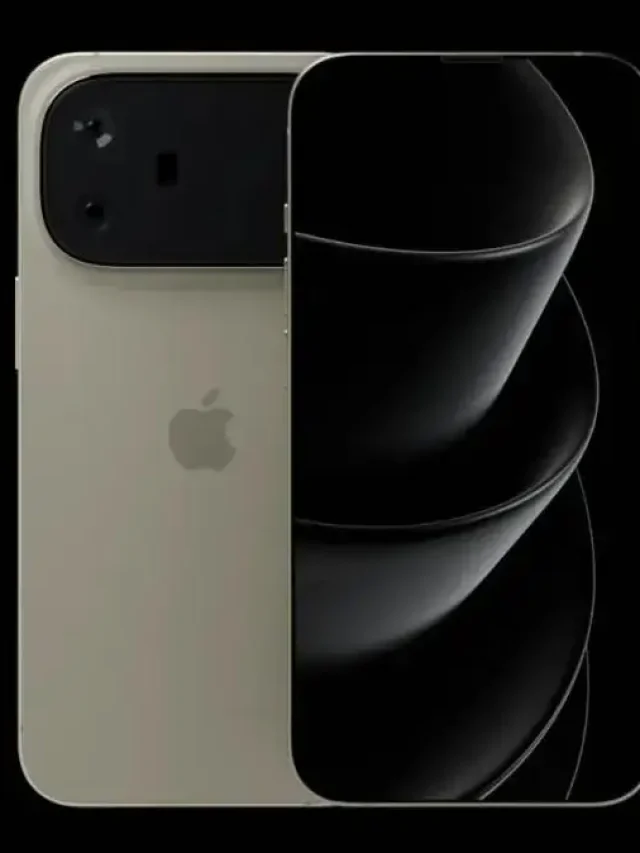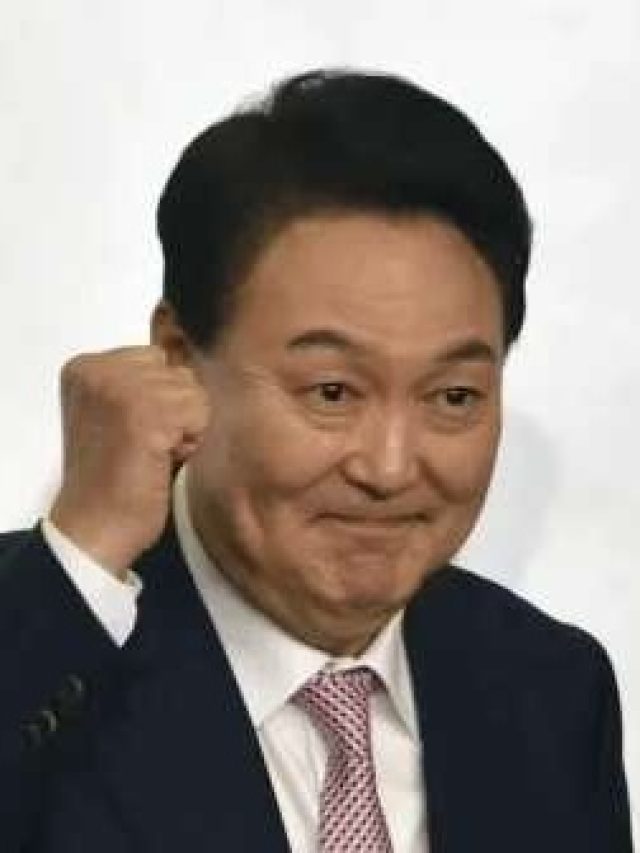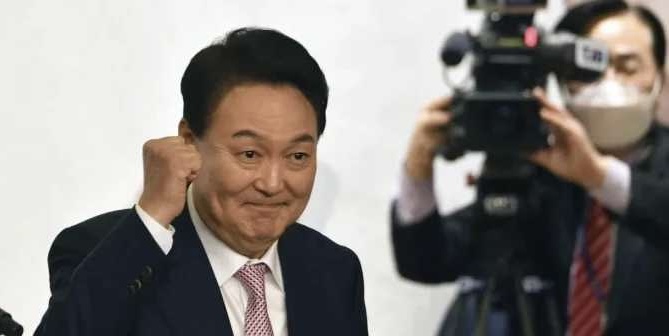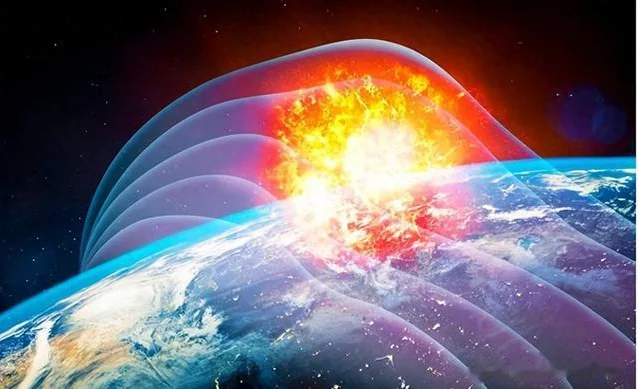South Korea Makes History Again
South Korea has once again shocked the world with unprecedented political drama. On January 3, the country’s High-Ranking Officials’ Crime Investigation Agency (CIO) made a historic move by attempting to arrest President Yoon Suk-yeol, who was impeached just last month.
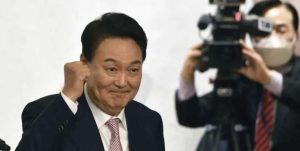
This is the first time in South Korea’s constitutional history that an arrest warrant has been issued for a sitting president. If Yoon Suk-yeol is arrested, he will become the first president in the nation’s history to face such a fate.
Major South Korean television channels broadcasted the event live, and the CIO made a huge spectacle of their attempt.
To execute the arrest warrant, the CIO dispatched 30 investigators along with 120 police officers.
Outside the presidential office, however, a massive crowd of President Yoon’s supporters gathered, vowing to protect him at all costs. Anticipating potential clashes, South Korean authorities deployed 2,800 police officers to maintain order.
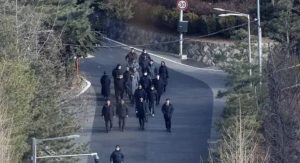
But the crowd of demonstrators was just the first line of defense for President Yoon.
The second line was barricades and barriers around the presidential residence.
These, however, were minor hurdles for the CIO officers.
At approximately 8:02 a.m., about 35 CIO investigators entered the main gate of the presidential residence.
Since driving inside was impossible, they decided to walk to arrest President Yoon.
By 8:04 a.m., the investigators and police officers had crossed the roadblocks and passed a wall of buses set up by the Presidential Security Service.
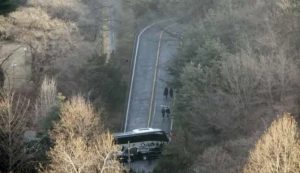
But their journey stopped at the third line of defense—a human barricade of over 200 military personnel and security staff.
With a solemn expression, the investigators presented the arrest warrant to the head of the Presidential Security Service, requesting cooperation.
However, the head of the Security Service refused, citing the Presidential Security Act and “security zone restrictions.”
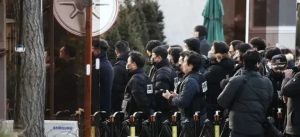
A standoff ensued. Just 200 meters away from the presidential residence, the investigators could go no further. Pushing and shoving broke out between the two sides, creating chaos.
After five hours of tense confrontation, at 1:30 p.m., the CIO announced they were suspending the operation, citing safety concerns.
Indeed, a bold attempt that ultimately led nowhere.
But even knowing President Yoon was unlikely to surrender easily, the CIO’s dramatic operation felt like political theater.
A Month of Political Turmoil
Over the past month, South Korea’s political scene has been nothing short of dramatic.
On the night of December 3, President Yoon declared an emergency martial law in a desperate bid to consolidate power and suppress opposition forces.
One can’t help but wonder what he was thinking, especially in this day and age.
There are two possible reasons for his bold move:
1.To shield his wife, Kim Keon-hee, from an impending investigation.
2.To avoid becoming another victim of South Korea’s infamous “Blue House curse,” in which former leaders often face legal troubles after leaving office.
However, his gamble backfired spectacularly.
What started as a dramatic power grab turned into a six-hour farce. His emergency martial law collapsed under its own weight, leaving him in a worse position than before.
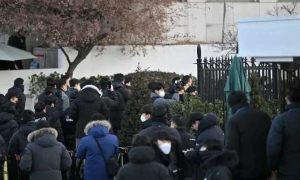
Not only did he face global ridicule, but he also lost his presidential powers.
The South Korean National Assembly wasted no time in impeaching him. Opposition parties were in full agreement, and even some members of his own ruling party turned against him.
Impeached and politically paralyzed, Yoon now spends his days holed up in the presidential residence while Prime Minister Han Duck-soo acts as the interim president.
However, even Han Duck-soo didn’t last long. Less than two weeks later, he, too, was impeached for defending Yoon. Now, Deputy Prime Minister Choi Sang-mook is serving as acting president.
Why Was the Acting President Impeached?
Han Duck-soo’s downfall came after he refused to approve the appointments of three constitutional court judges proposed by the National Assembly. He argued that bipartisan consensus was necessary before moving forward.
The opposition party was outraged and swiftly impeached him.
Unlike his predecessor, Choi Sang-mook played it smart. After taking over, he quickly appointed two of the three judges while delaying the third appointment. This increased the likelihood of Yoon’s impeachment being upheld.
However, Choi also vetoed two controversial investigations targeting Yoon and his wife, signaling some level of loyalty to the impeached president.
Arrest Warrant Drama
Meanwhile, South Korean authorities aren’t letting up.
Before attempting to execute the arrest warrant, the CIO sent formal requests for assistance to Acting President Choi Sang-mook and other key government officials.
But Yoon knows all too well that if he’s arrested, his political career is over.
He has repeatedly ignored summons from investigators. Investigation notices went unopened, and digital documents were marked unread.
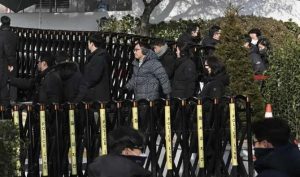
In a public letter to his supporters outside the presidential residence, Yoon accused “anti-state forces” of threatening South Korea’s sovereignty and vowed to “stand and fight to the end.”
With only three days left on the arrest warrant—valid until January 6, 2025—time is running out for the CIO.
What’s Next?
Unable to arrest Yoon directly, the CIO has now targeted his security team, launching investigations into the head and deputy head of the Presidential Security Service for “obstruction of justice.”
The opposition party has accused Yoon’s supporters of staging a “second rebellion” and warned that they must face consequences.
The presidential office, however, is fighting back, threatening legal action against CIO officers for “unauthorized intrusion” into the presidential residence.
Additionally, the office has filed complaints against media outlets and online bloggers for using helicopters and other equipment to film the presidential residence, which is classified as a military facility.
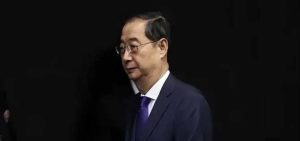
Final Days
With only a few days left before the arrest warrant expires, the political situation remains highly volatile.
One thing is certain: South Korea’s political dramas rival its famous TV series.
For more updates on this unfolding story, visit dailynewspapers.in.


